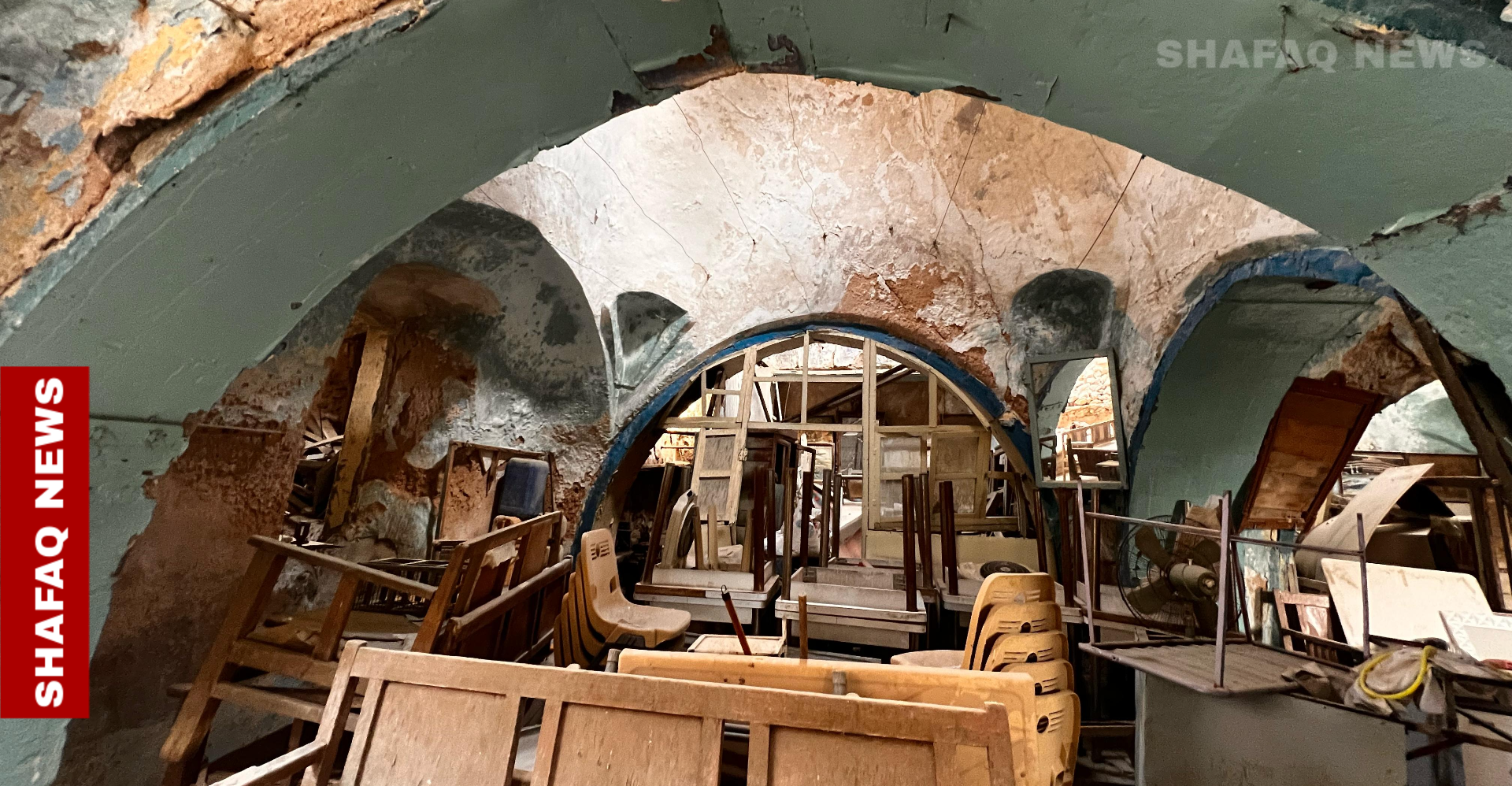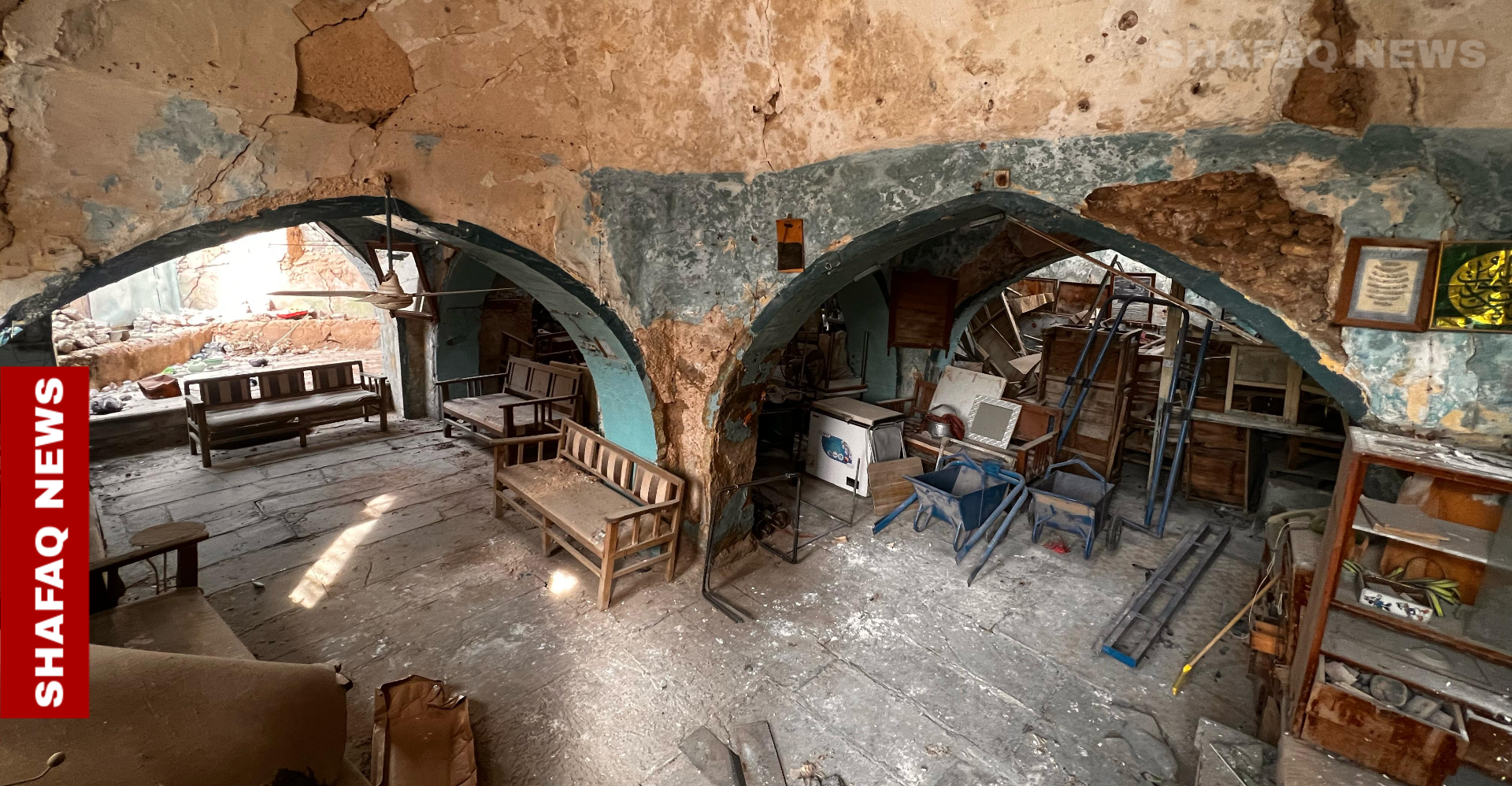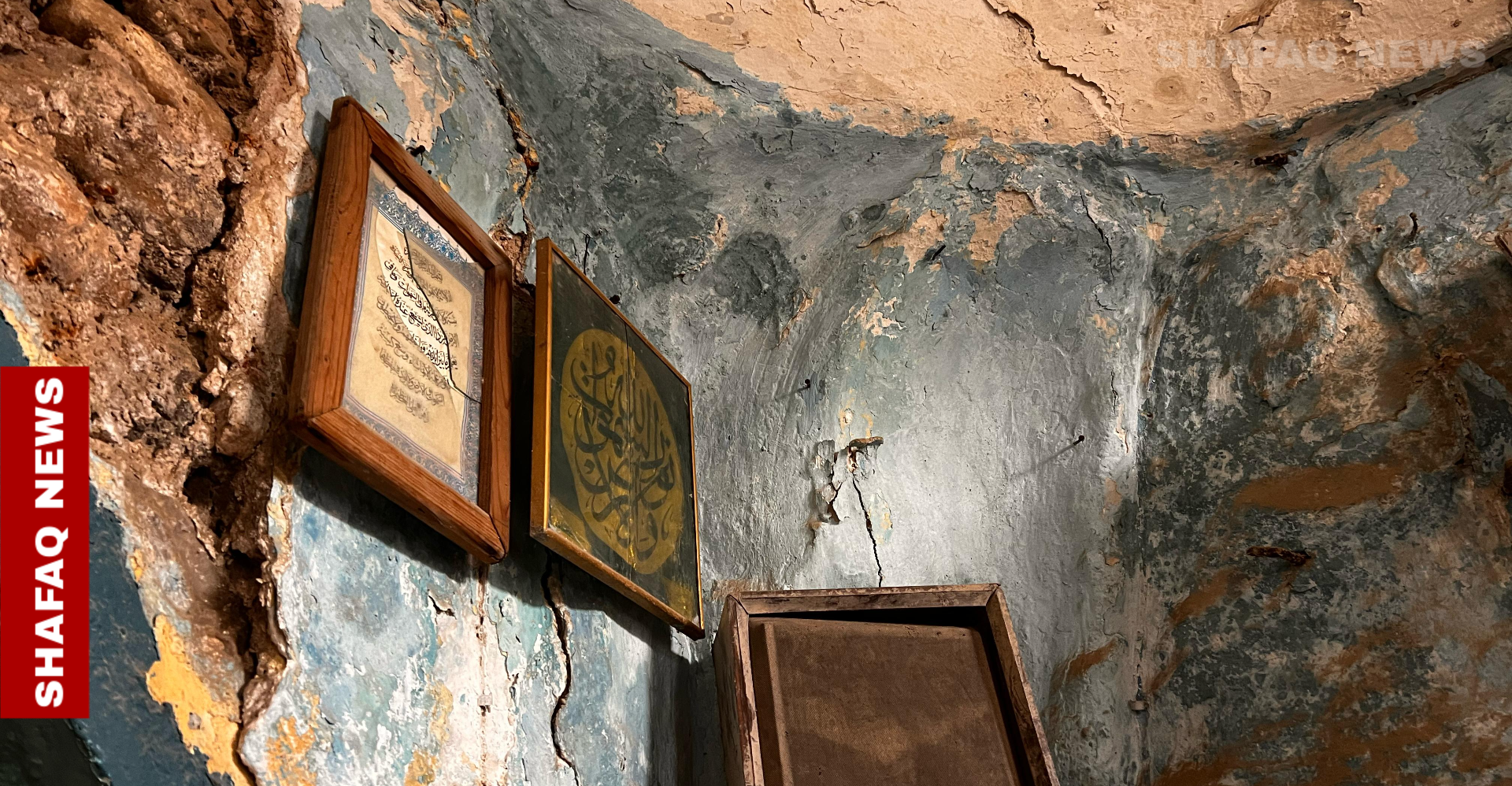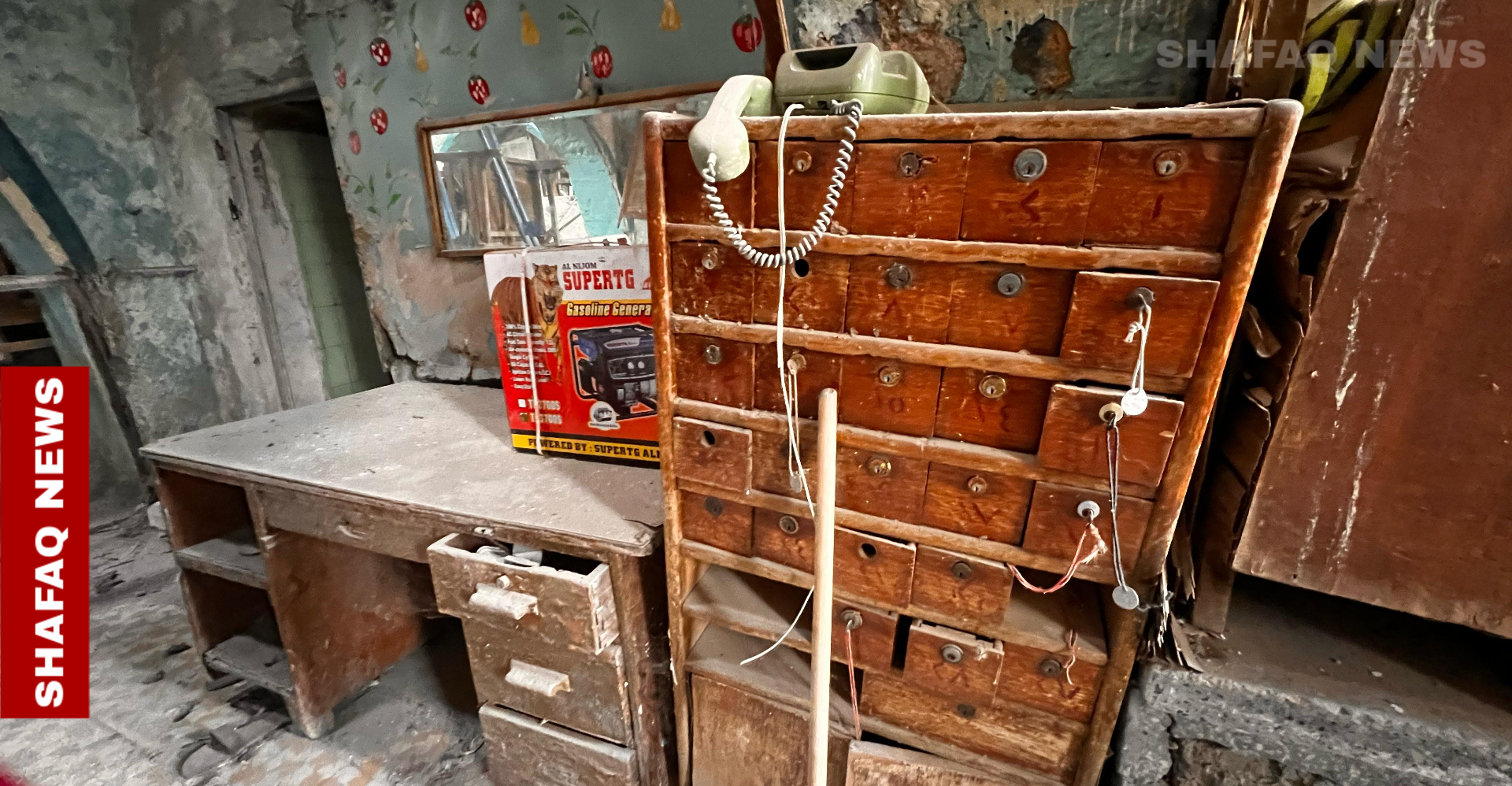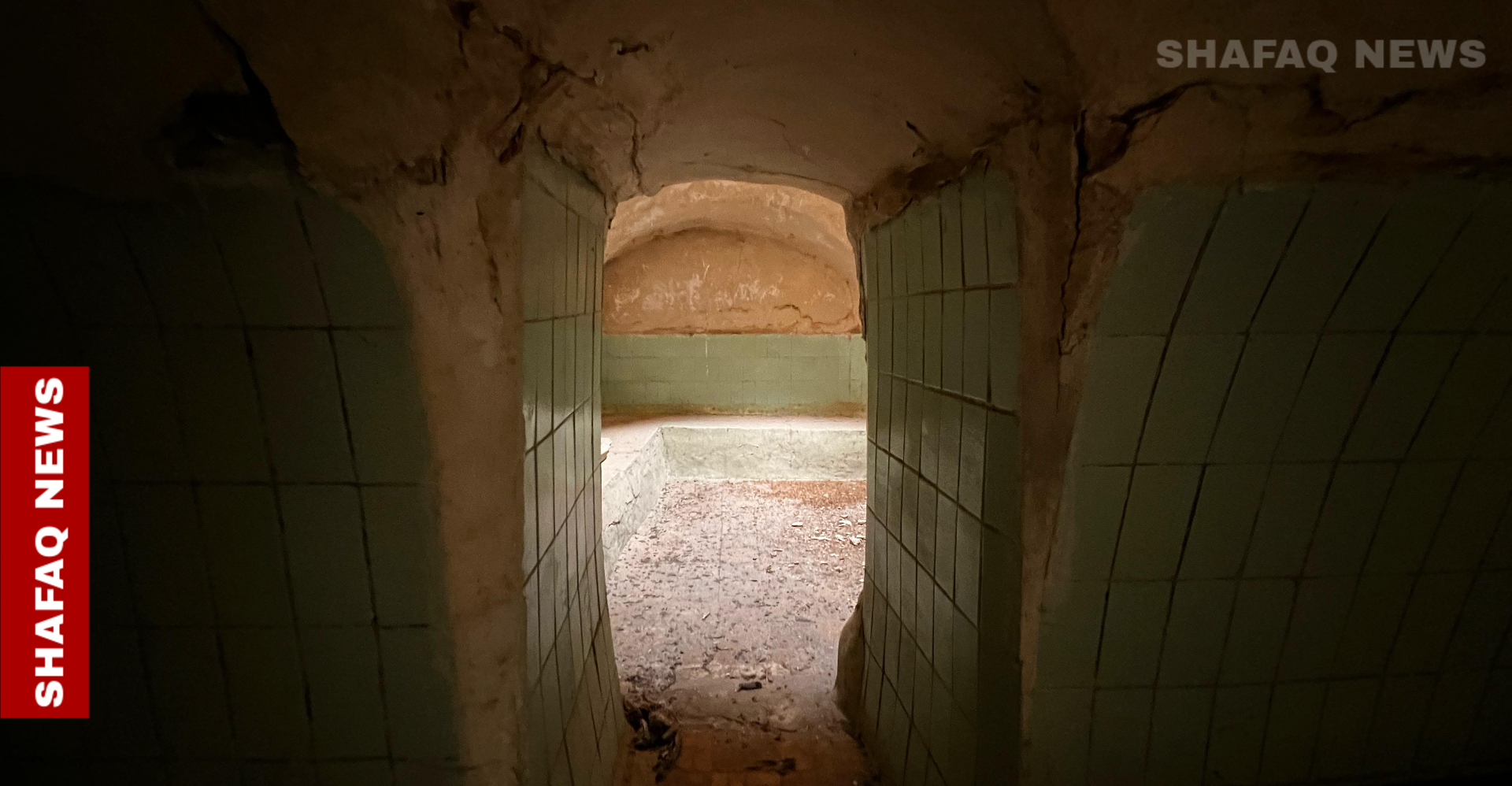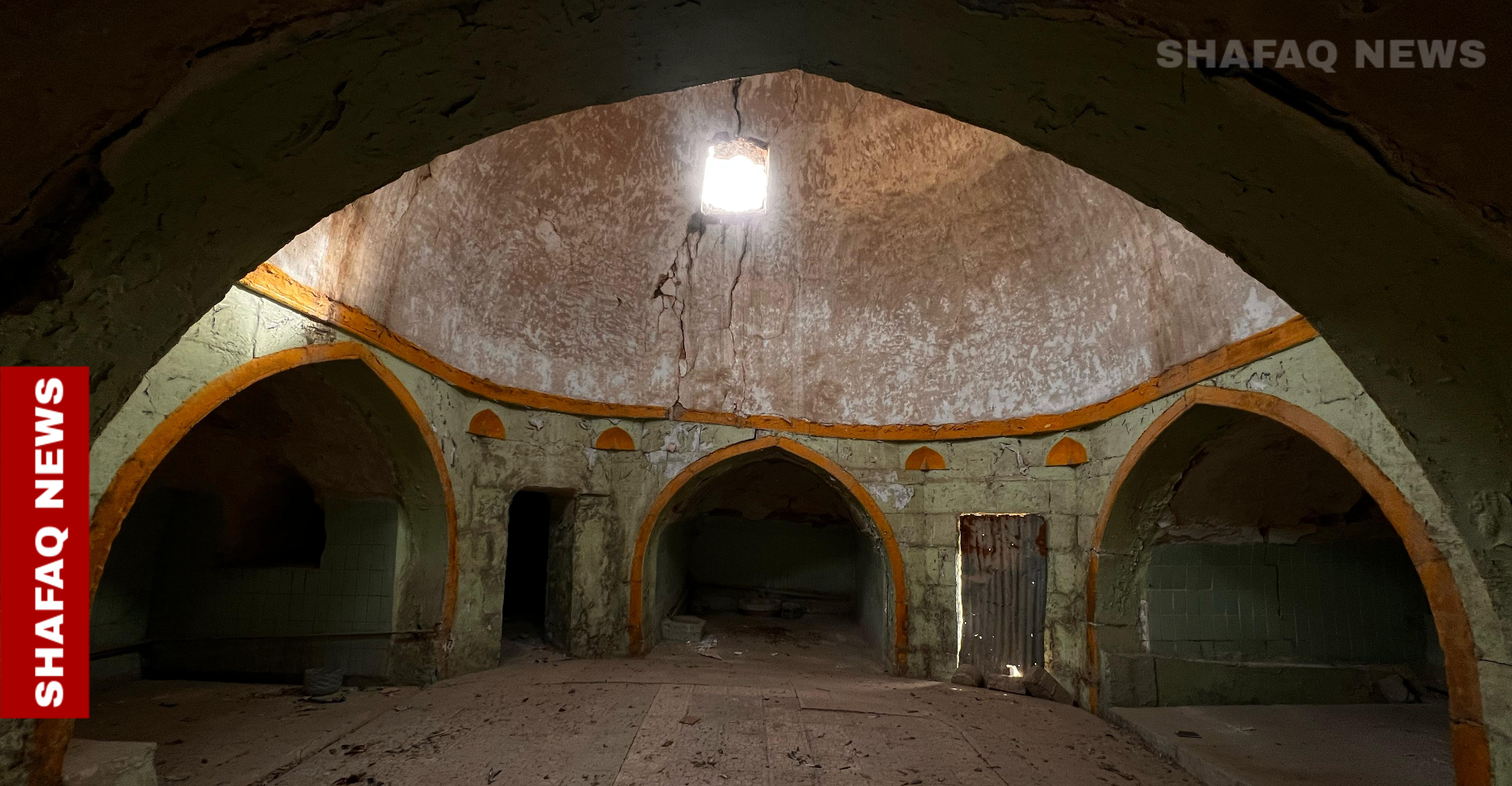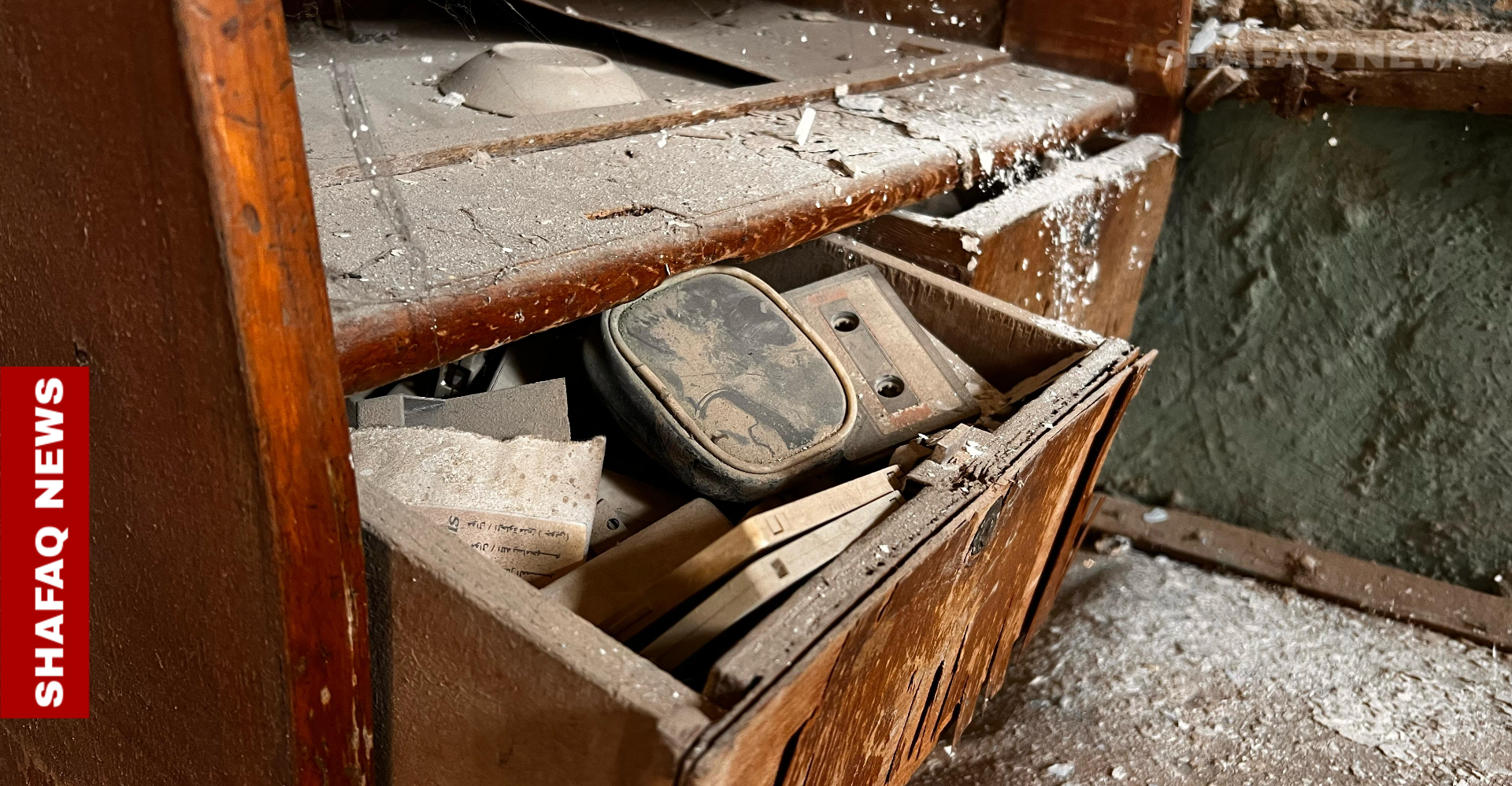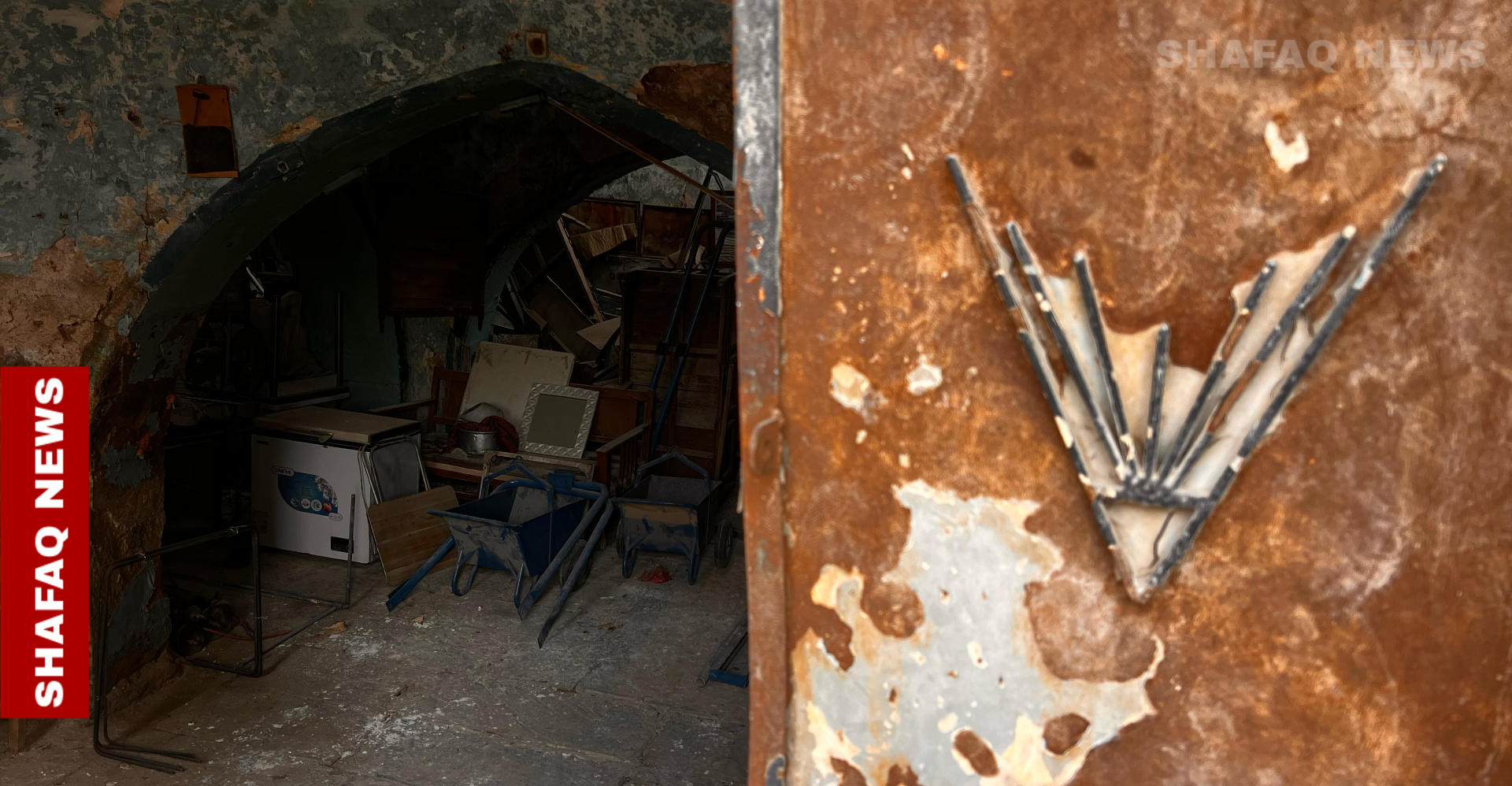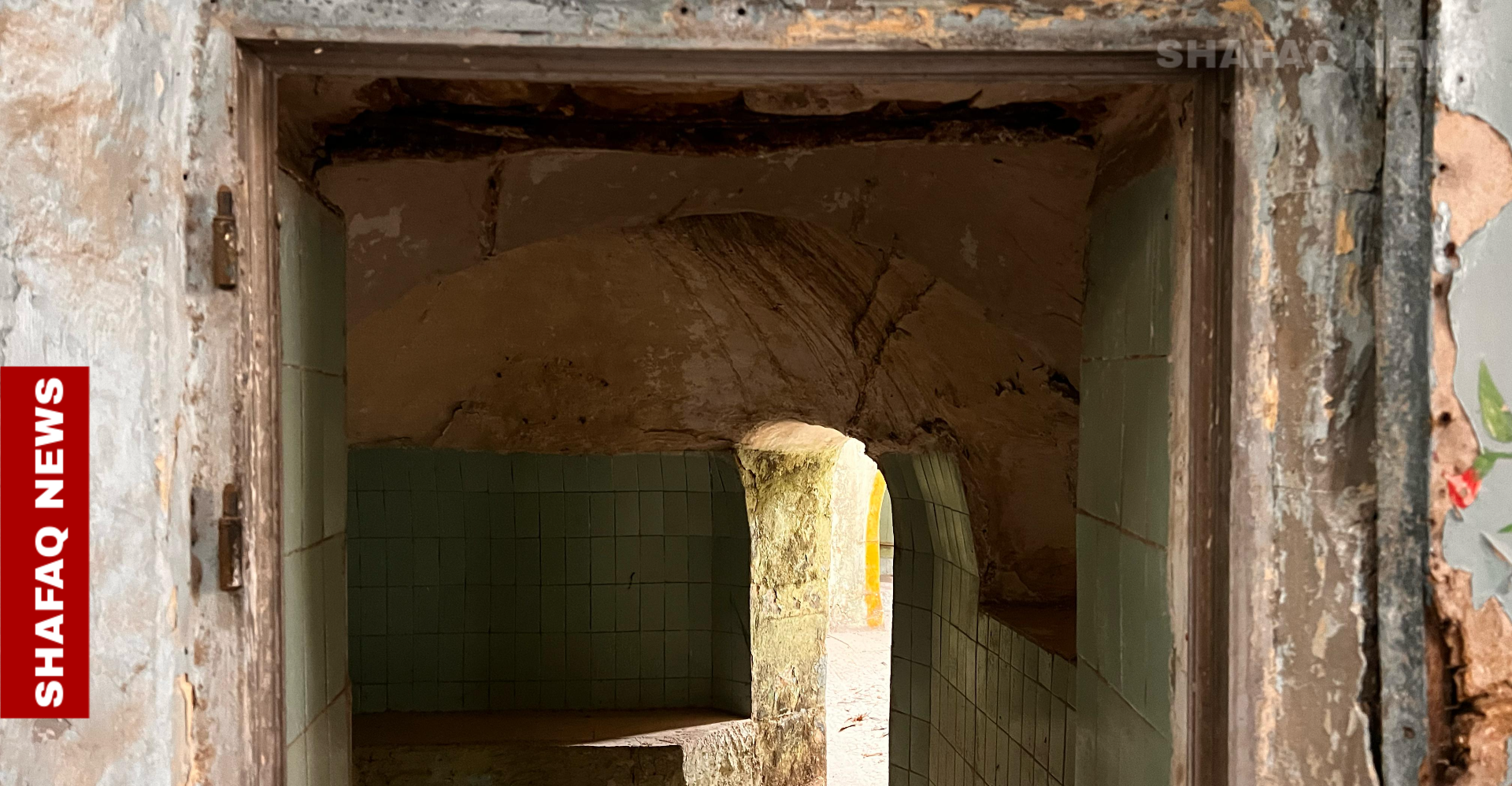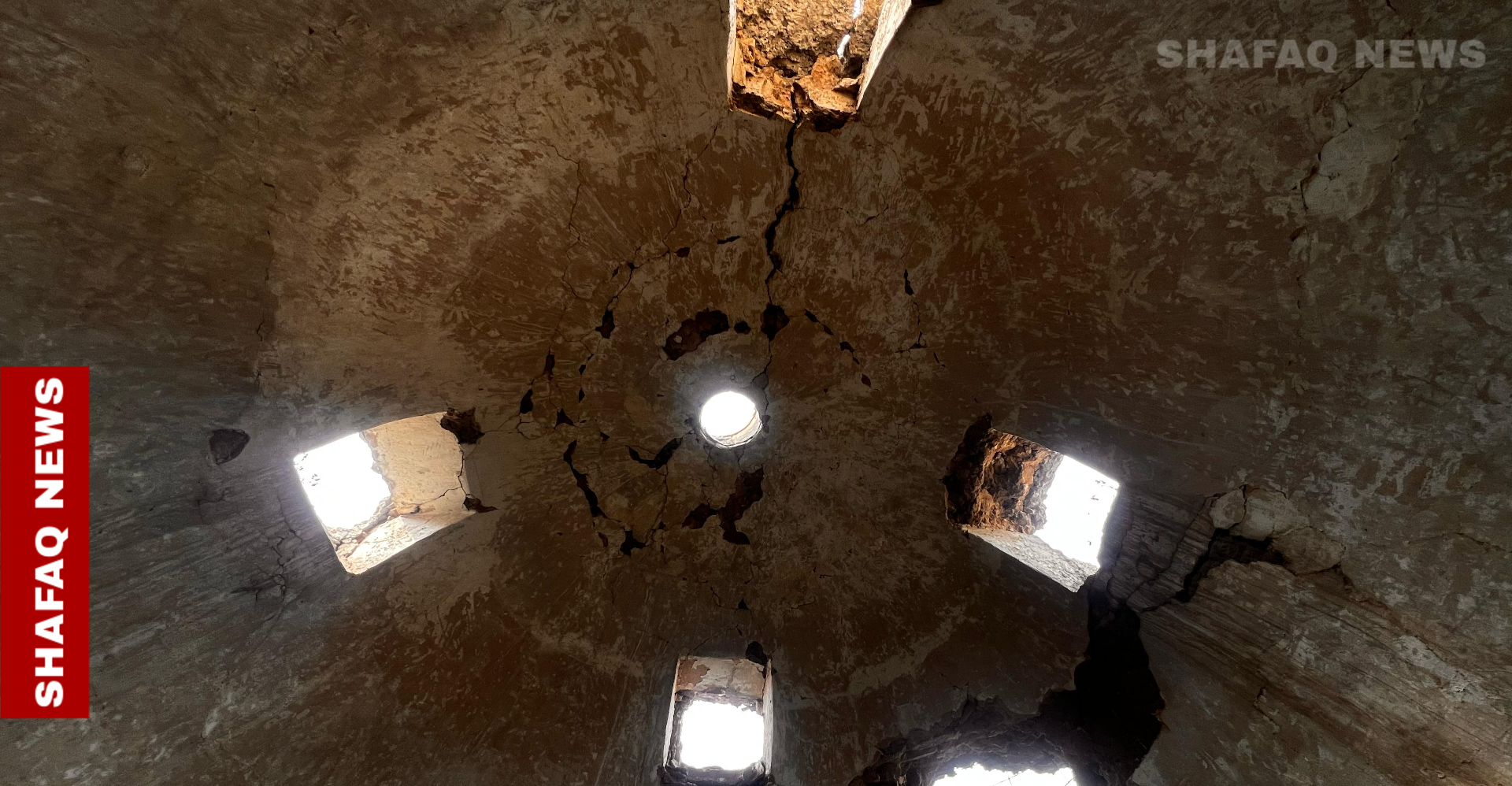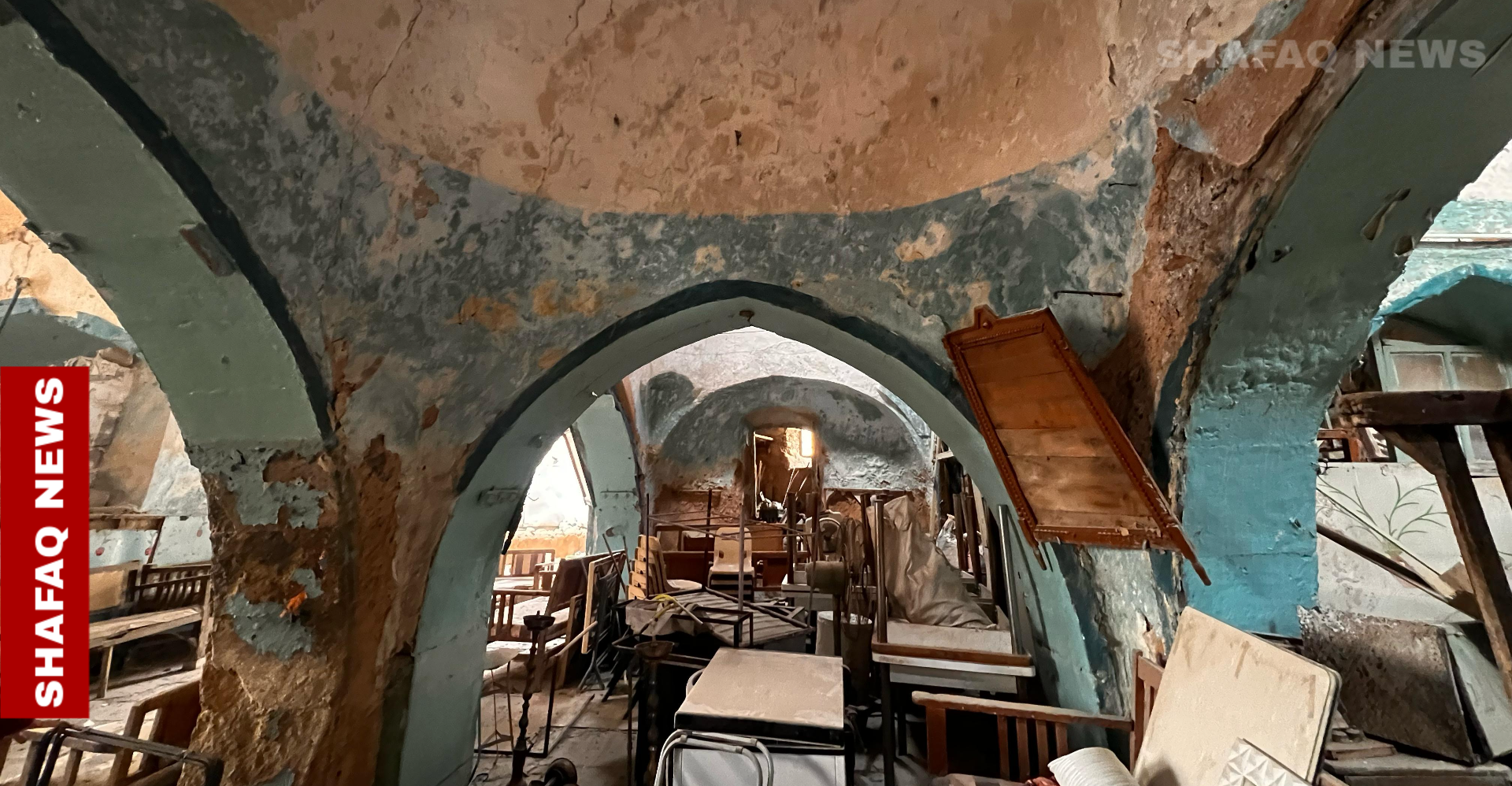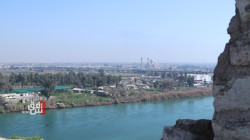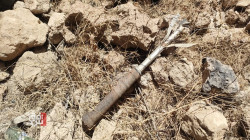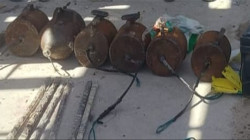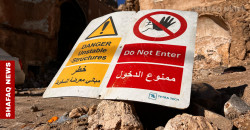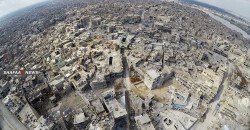Mosul's Ubayd Agha Al-Jalili Bathhouse: A heritage gem left to decay
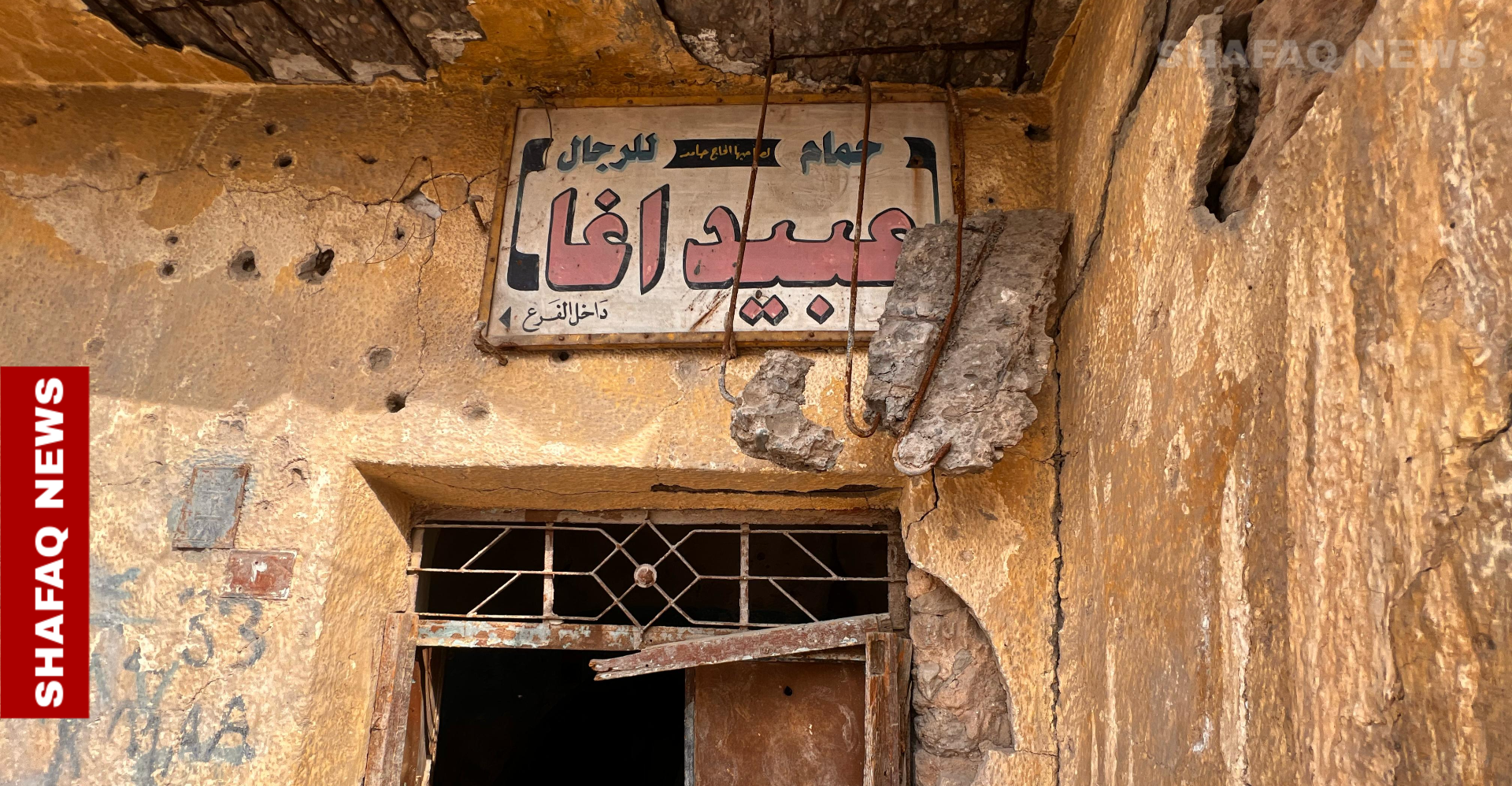
Shafaq News/ Ubayd Agha Bathhouse, one of Mosul’s oldest public baths, was built in 1745 by Abdul Qadir Agha al-Jalili. Originally reserved for the al-Jalili family, it later opened to both men and women. The bathhouse, located in the Shahr Souq district on the western side of Mosul’s Old City, featured a main entrance for men, while women accessed it via a rear passage leading to the qanat archway.
Historian Azhar al-Obaidi, in his book on the Ubayd Agha al-Jalili family, traces the lineage back to the Arab Taghlib tribe. Ubayd Agha, after whom the bathhouse was named, served as commander of the Ottoman Janissary army during the Jalili family's rule over Mosul, which lasted from 1724 to 1834. Ownership of the bathhouse later passed to Haji Hamid al-Humaimi, and it became a popular destination for residents of nearby districts seeking a warm and relaxing environment.
However, the structure suffered severe damage during the Islamic State's occupation of Mosul. Restoration efforts have been hindered by the bathhouse’s private ownership, preventing governmental and international bodies from rehabilitating it.
Spanning an area of 1,800 square meters, the bathhouse was once connected to Jalili family homes via an underground tunnel. Its restoration has also been complicated by its reliance on traditional water heating methods, making maintenance difficult.
Ayoub Thanon, founder of the Mosul Heritage House, described the bathhouse as “one of Mosul’s significant heritage landmarks.”
“Due to its private ownership, governmental and international bodies are unable to restore it,” Thanon told Shafaq News. “It is deeply unfortunate that this historic bathhouse has remained in ruins for years.”
Abdul Hussein Mulla, a heritage activist, criticized the lack of government and institutional support for Mosul’s historic landmarks.
“Mosul is an ancient city shaped by numerous civilizations, leaving behind a wealth of historic sites,” Mulla told Shafaq News. “Unfortunately, the city’s heritage has not received sufficient attention from the Ministry of Culture or the Antiquities Inspectorate, despite its historical and cultural significance.”
Experts stress that preserving historical landmarks is crucial worldwide and argue that heritage conservation does not conflict with urban development, provided that historical sites are considered in reconstruction plans.
Among Mosul’s other historic bathhouses is the Ottoman-era Qala'a Bathhouse, which has been selected for restoration. In July 2024, the Nineveh Antiquities Inspectorate and UNESCO announced plans to restore Qala'a Bathhouse as part of the third phase of the “Reviving Mosul’s Spirit” project. The site will be converted into a heritage restaurant to attract tourists.
Nineveh Antiquities Inspectorate Director Rowayd Mowaffaq attributed Mosul’s abundance of bathhouses to the absence of private bathrooms in older homes, making public bathhouses essential for daily hygiene and social interaction.
“The restoration of Qala'a Bathhouse will maintain its traditional aesthetic while repurposing it into a restaurant, in accordance with the bathhouse’s original architectural style,” Mowaffaq told Shafaq News. “Reconstruction work will begin in the coming days following the completion of debris removal and site clearance.”
As for Ubayd Agha Bathhouse, Mowaffaq noted that its private ownership prevents any official restoration without agreements between stakeholders.
